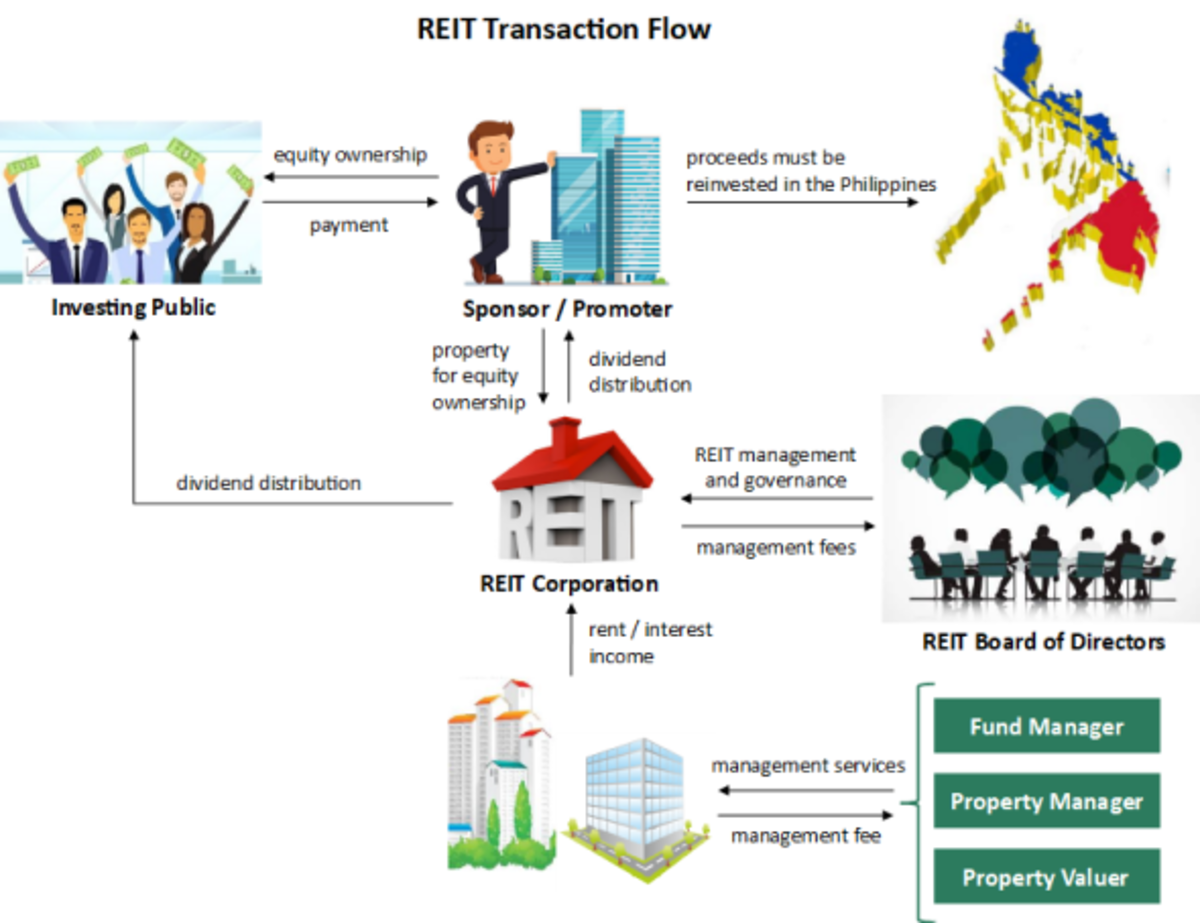Savings 101: Understanding the Brokered CD

A brokered CD is one option for getting a high interest rate on your savings. Is it a good idea to select this option? It might be but only if you understand what it’s all about. This article will help you to learn about that.
What is a CD?
A certificate of deposit (CD) is a type of savings account. It offers a higher interest rate than a traditional savings account so that you can earn more money on your investment. However, in order to get this higher rate of interest, you have to promise that you’ll leave the money in the bank for a certain period of time. For example, you may take out a five-year CD so what you’re saying is that you’ll leave the money in the bank for five years without withdrawing it. In return, the bank is saying that they’ll give you a higher interest rate since you’re going to keep your money with them for that prolonged amount of time. Of course, your money is available and you can take it out if you truly need to do so but you’ll be charged an early withdrawal fee and will lose some of your money. A CD is good if you know that you have money in savings that you’re unlikely to need to touch for a certain period of time and you want to earn a higher rate of interest on it.
So What is a Brokered CD?
The difference between a brokered CD and a traditional CD is who gets the CD for you. You normally get a CD through your bank. Often the easiest way to get a CD is to go to the bank where you already have your savings account and ask them about your CD options. However, you may also shop around to get better CD interest rates from other banks. Regardless, the traditional CD comes from the bank. In contrast, the brokered CD comes to you through a financial professional. This is someone who is an expert in finance and can search around to help you purchase a CD. This may be a brokerage firm that specializes in CDs or it may be your personal finance advisor who works on your behalf to find the right brokered CDs. In any case, you purchase the CD through this finance party.
Things to Know About Brokered CDs
A brokered CD may be a great way to go, especially if you enjoy getting the help of professionals when dealing with financial issues. However, there are some things that you need to know first before you decide that you’re going to invest your money in brokered CDs. Those things include:
o Brokered CDs usually have higher interest rates than traditional CDs. This is a main reason why people are interested in getting brokered CDs. If you want to get the best return on your money then a brokered CD can be a smart option in many cases. The whole point of having a financial professional figure out which CD is the best one for you is to get the one that offers you the highest interest rate.
o The fee for early withdrawal may be higher than with traditional CDs. If you think that there is any chance at all that you’ll need to remove your money from savings before the term of the CD is up then you will want to look carefully at the early withdrawal penalty fees associated with different accounts. Some banks offer low-penalty and even no-penalty accounts. These have lower interest rates but can be a smarter choice if you think you’ll need to withdraw your investment. A brokered CD usually doesn’t have this option and may cost you a lot if you can’t keep up your end of the commitment by keeping your money in the CD for the required period of time.
o You will pay a fee to the broker. Obviously the financial professional that you hire to help you find the right brokered CD isn’t going to do that work for you for free. You will need to pay a fee to that person. That fee takes away from the total amount of money that you “earn” over time with your investment. If you don’t really understand financial issues and / or don’t have the time to find the right CD for yourself then the fee can be well worth it. Nevertheless, you should know that you’ll be paying the fee if you choose a brokered CD over a traditional CD for your savings.
o You usually need to invest a lot of money in a brokered CD. It is common for the minimum amount of investment for a brokered CD to be $10000. If you only have $1000 to invest in a CD then you’ll need to get a traditional CD from your bank rather than getting a brokered CD. This kind of thing is only for people who have accrued a large amount of savings over time and ready to begin investing that savings to earn a higher interest rate.
FDIC Insurance for Brokered CDs
Whenever you put savings into a bank, whether through a brokerage CD or through some other means, you should make sure that the bank is legitimate. One thing to look out for is whether or not the account is FDIC insured. What this means is that if something happens to the bank, such as it goes out of business, then your investment is protected by the government and you won’t lose your money.









